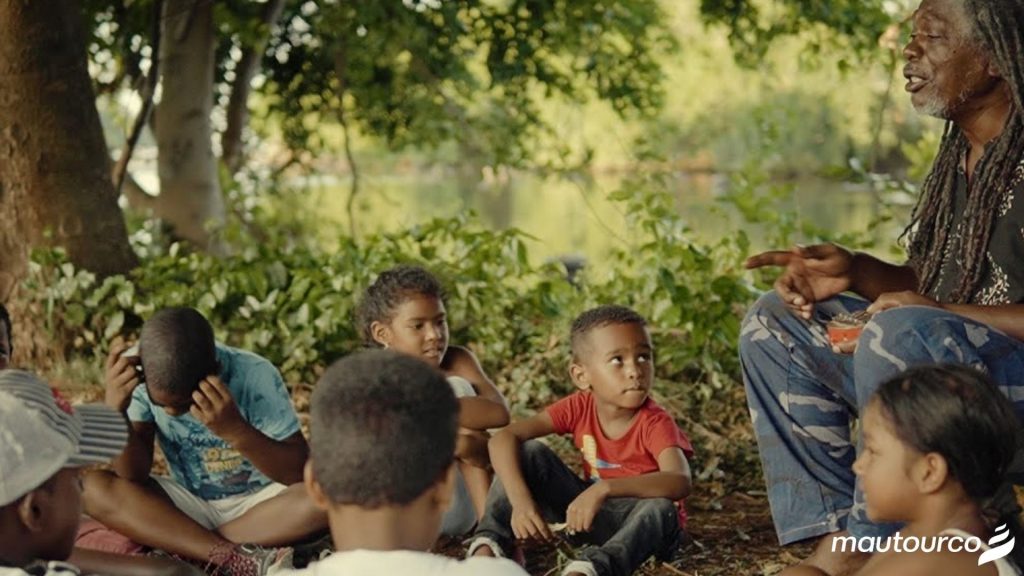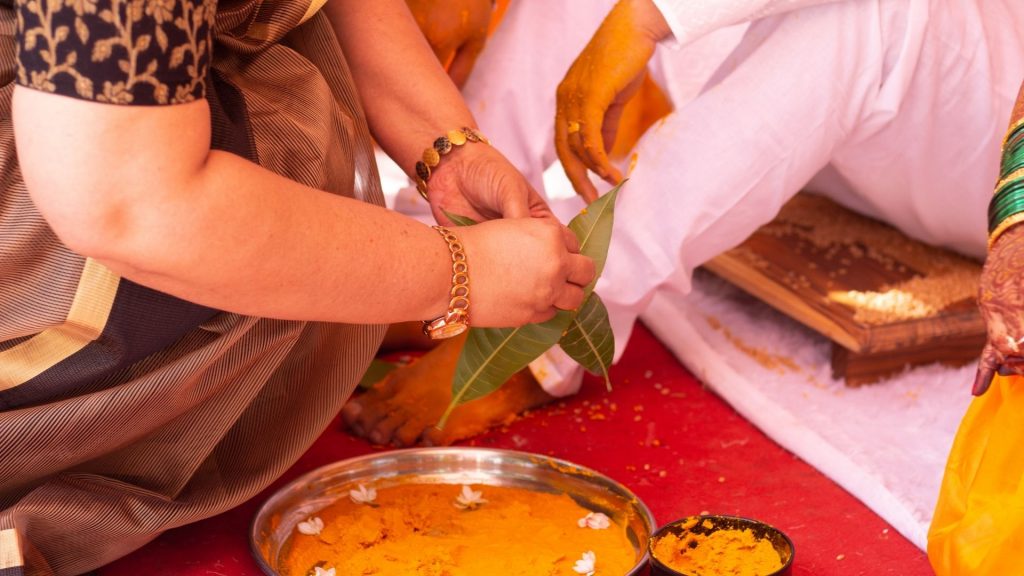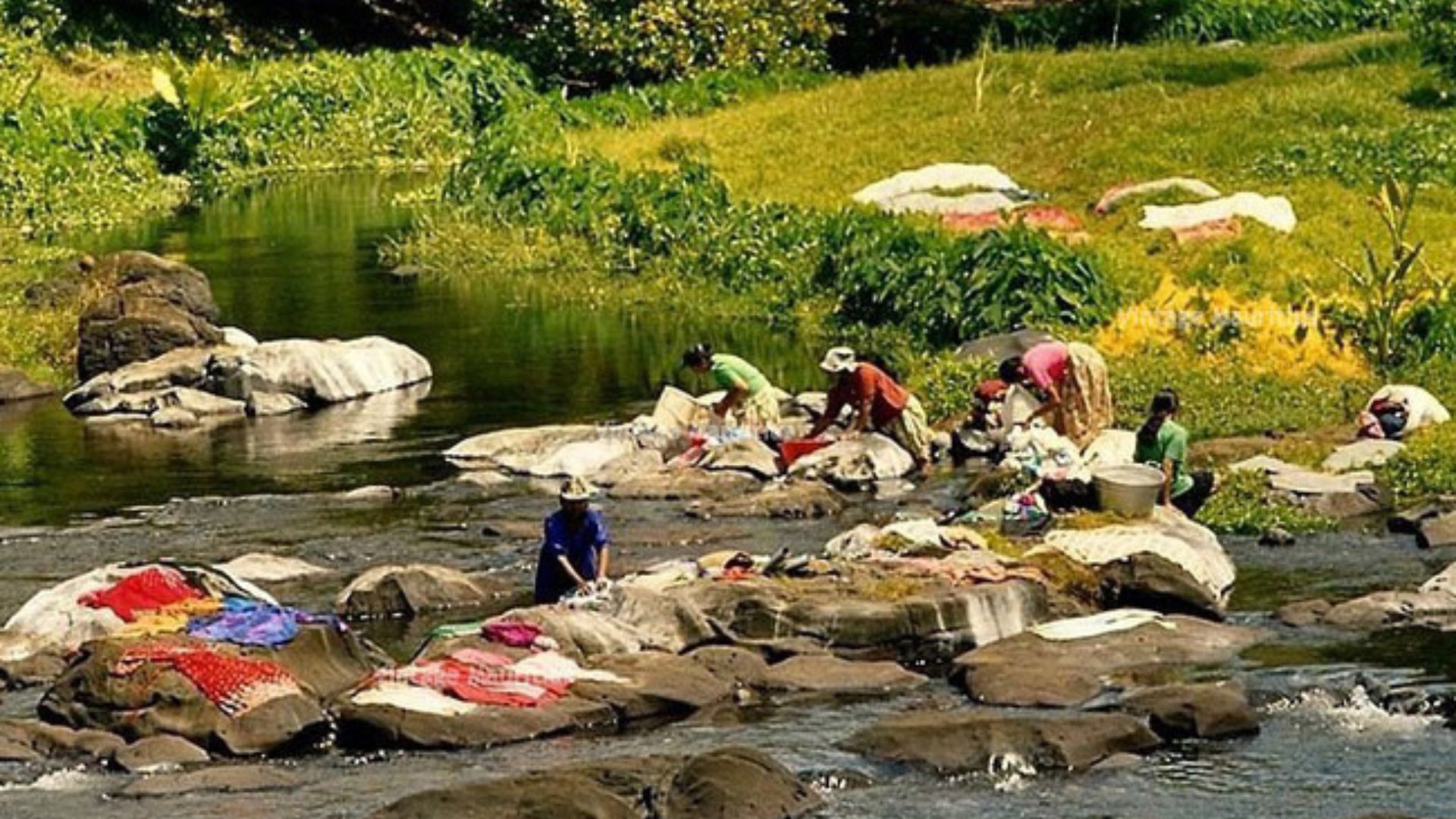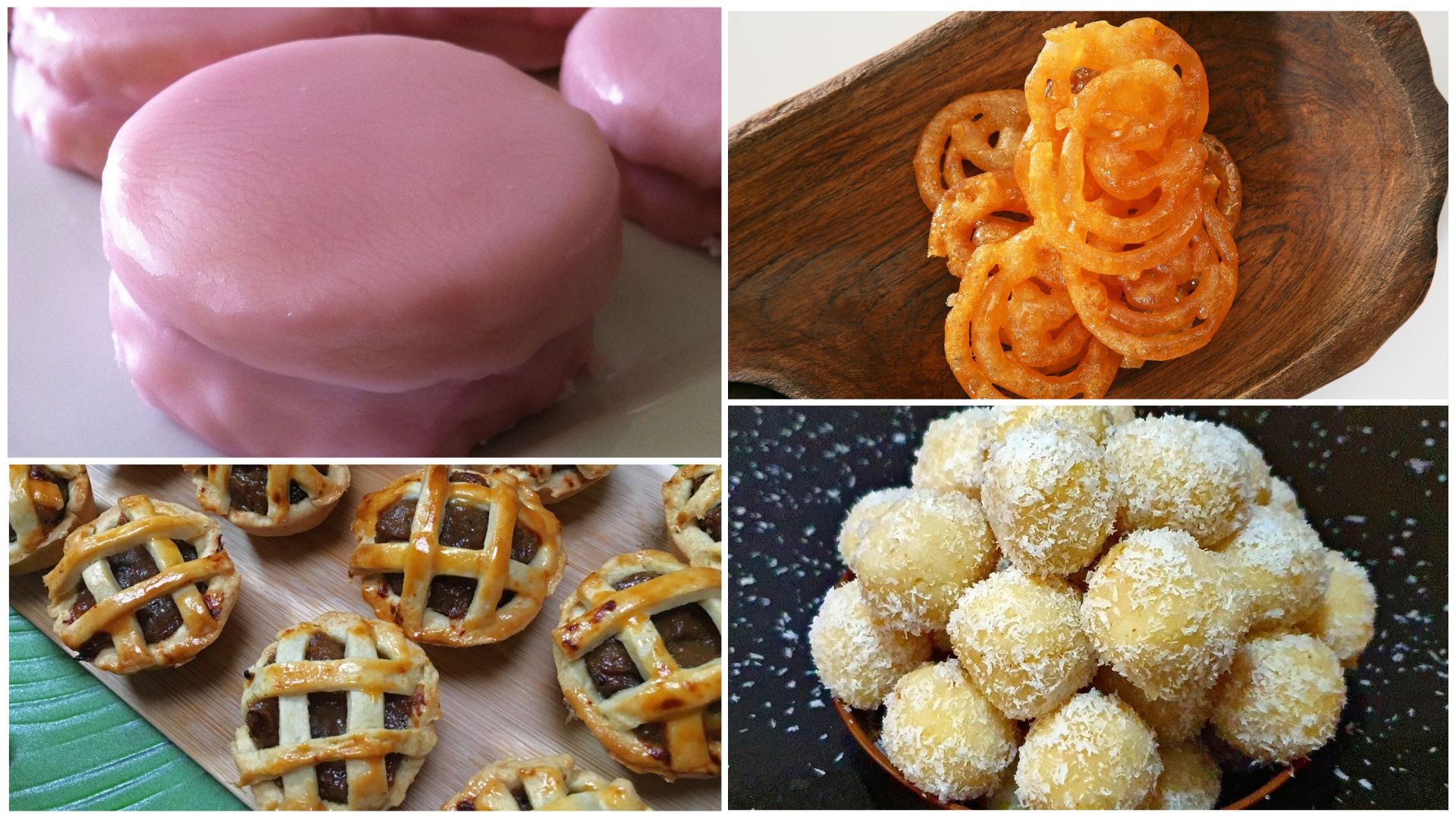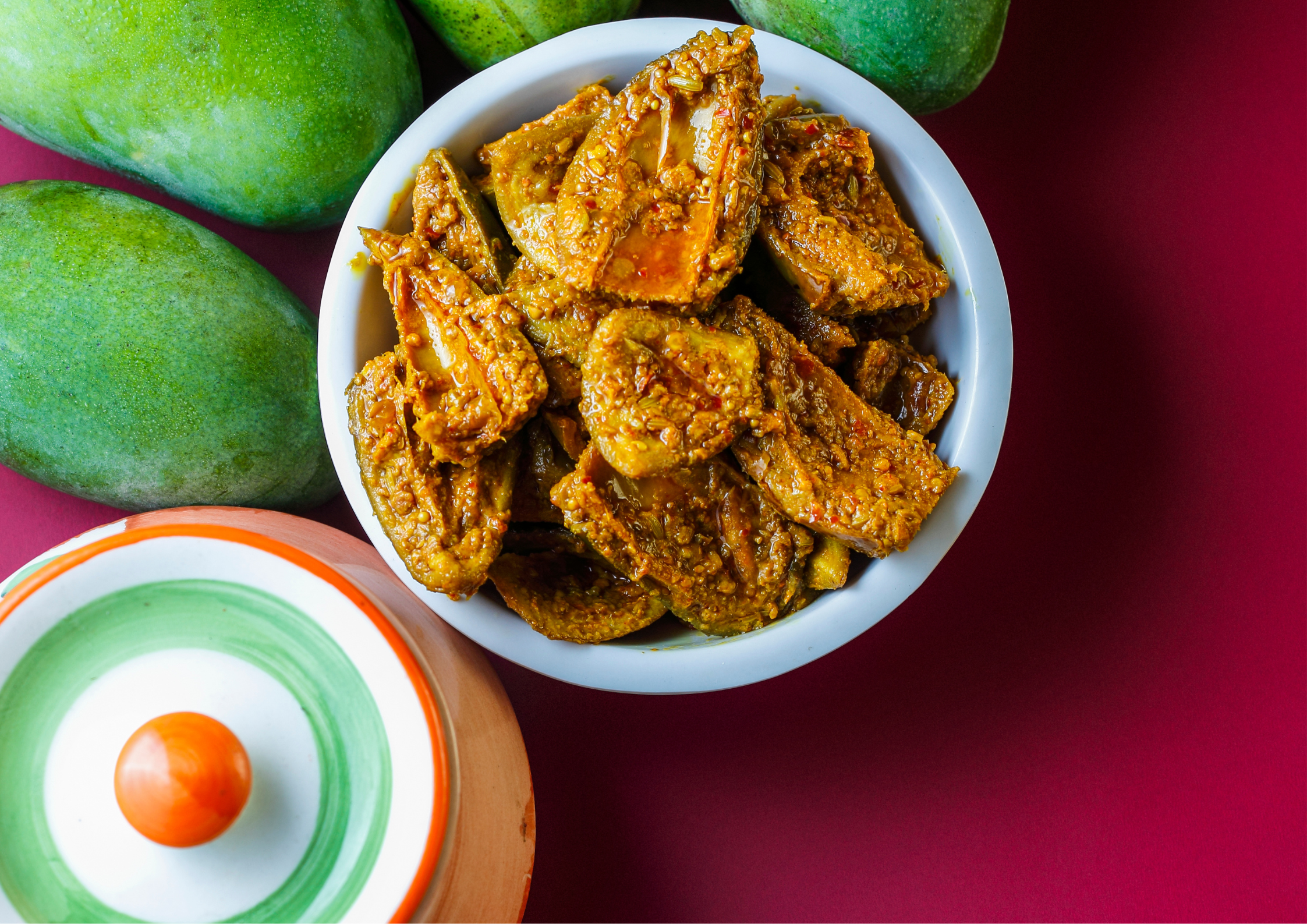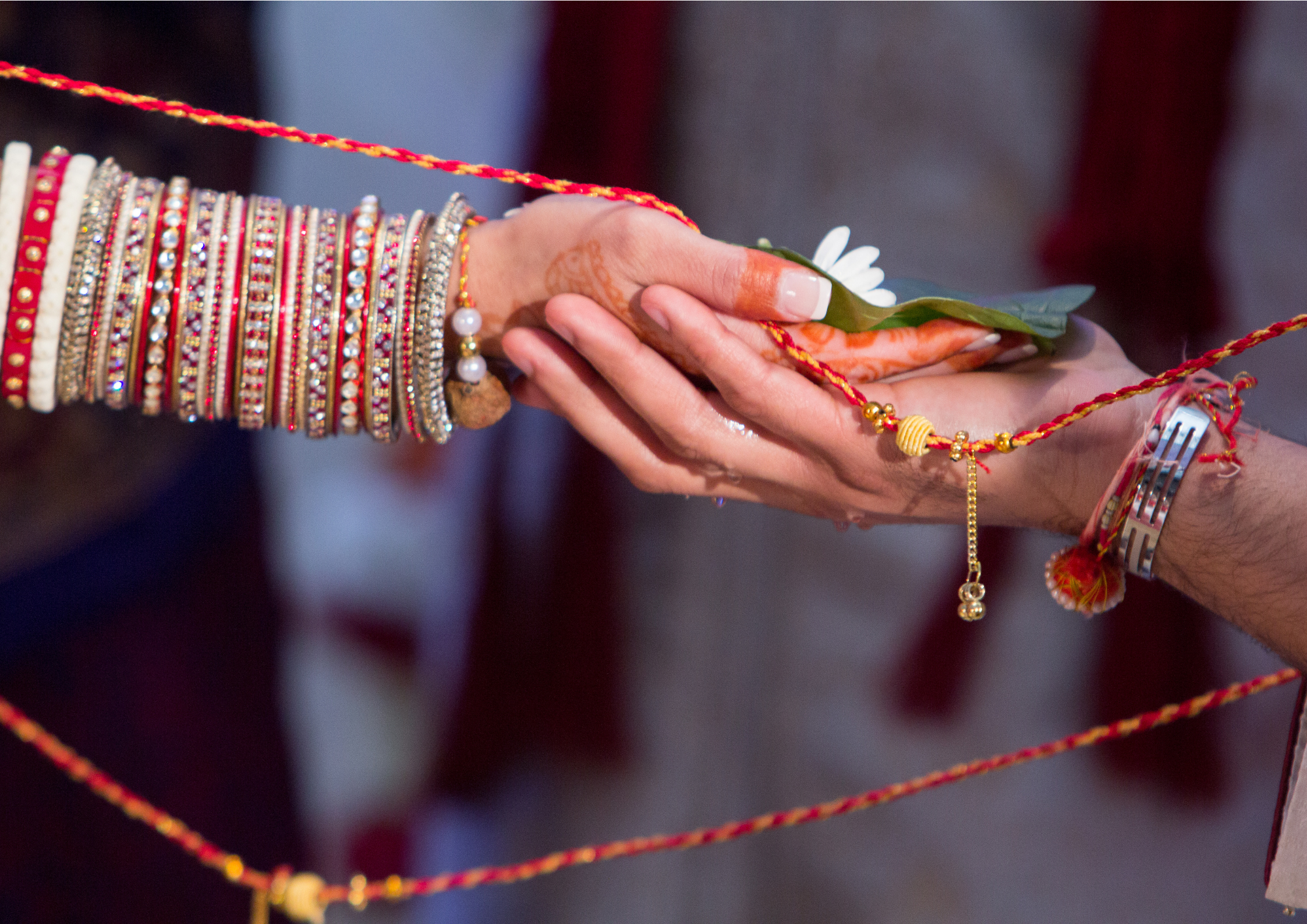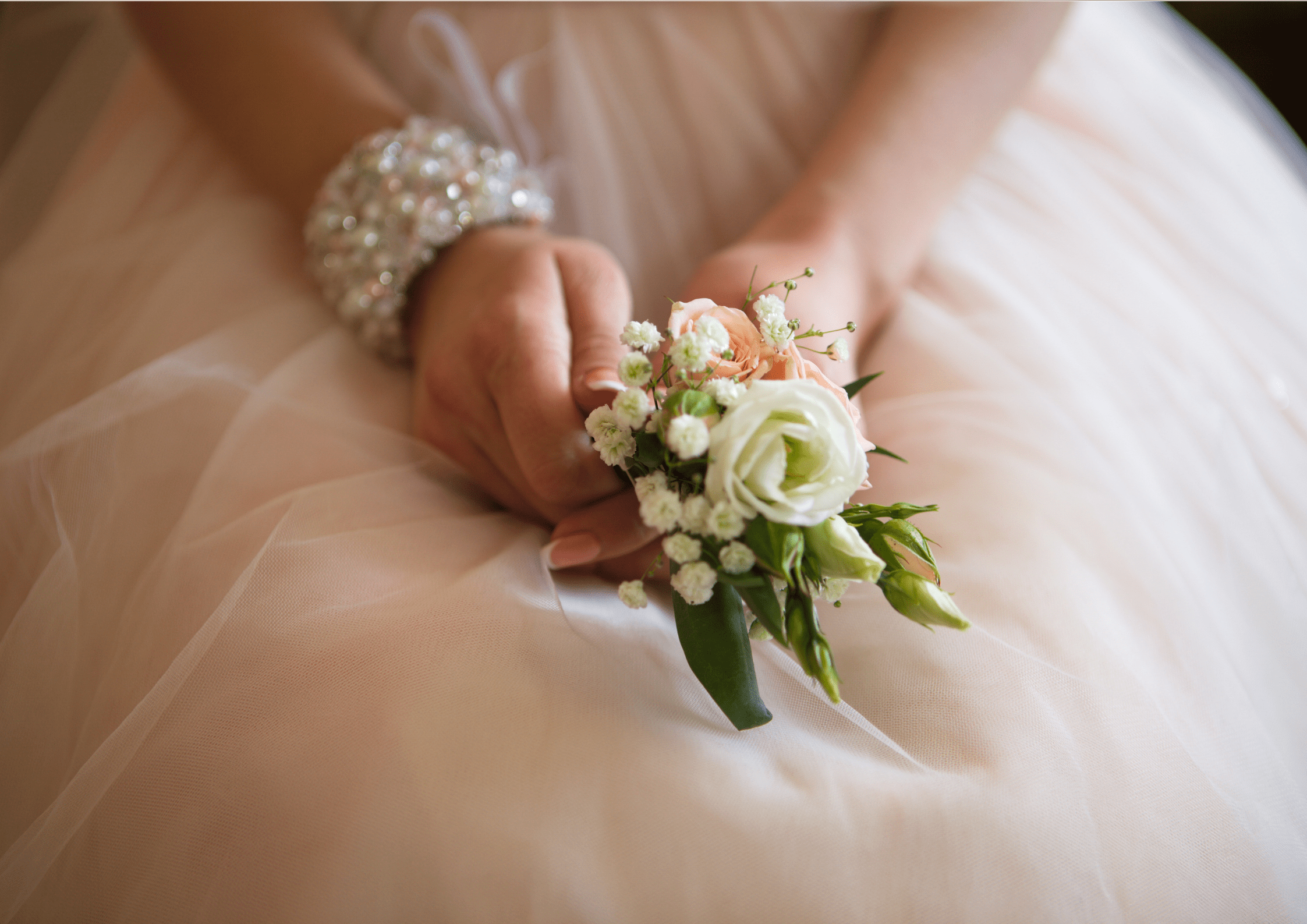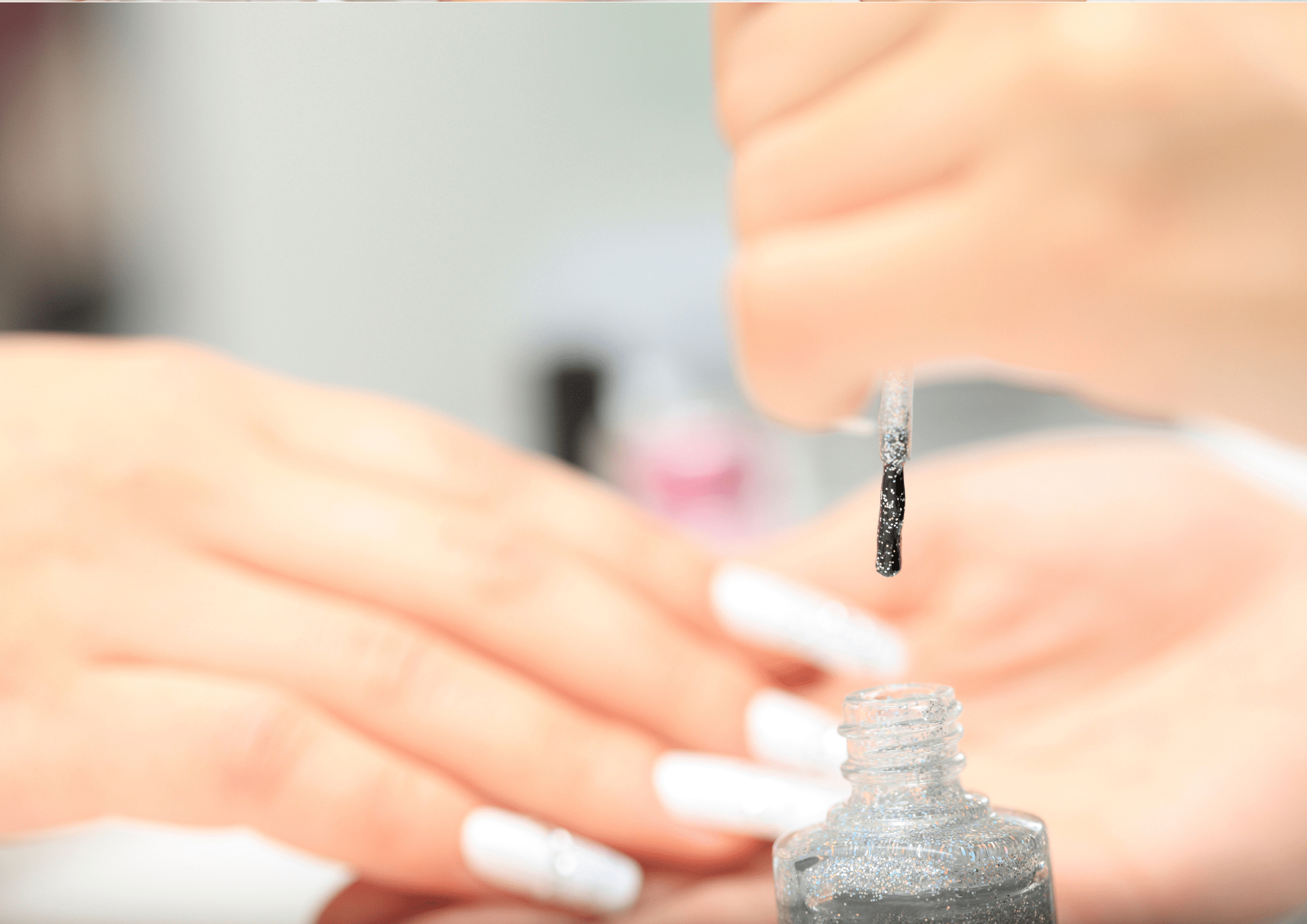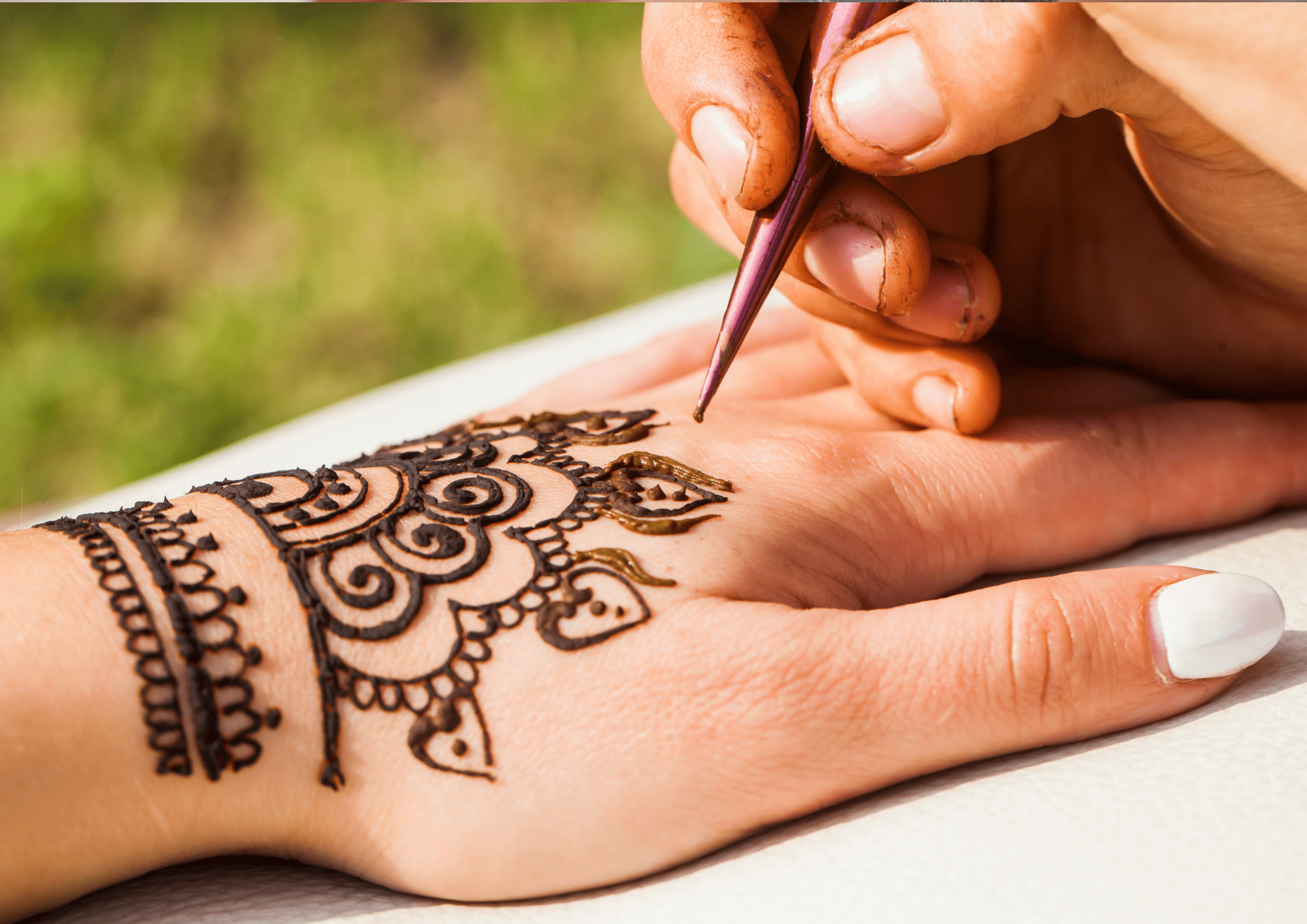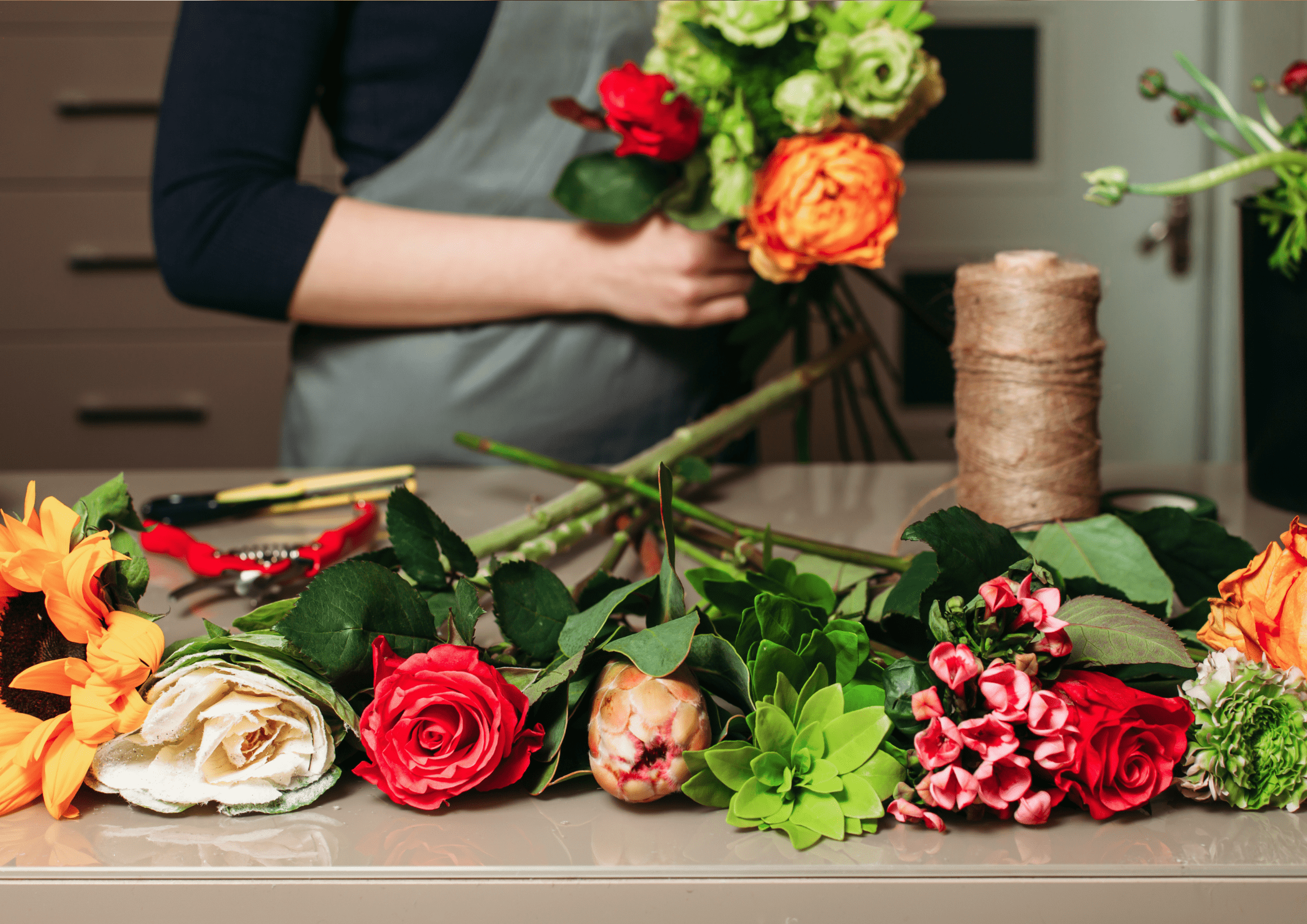Mauritius: Memories of the past – Marsan balye – The broom maker
The 18th century saw the arrival in Mauritius of slaves and indentured who came from different backgrounds, bringing in their luggage their own skills and especially their own habits and customs. Among them, we were fortunate enough to welcome artisans who shared their expertise with us. Some of the artisans made brooms of all kinds derived from plants growing in Mauritius. These “marsan balye” (broom sellers) wandered through the streets or cycled from door to door with their handmade brooms chanting: “Balye, Balye!” (Brooms! Brooms!).
The Mauritian brooms come in different types made of natural materials, sewn by hand, environmentally friendly and were used for cleaning houses and yards. The balye fatak (Fatak broom) and the balye Koko (coconut broom) are the most common ones. The domestic fatak broom, much thinner and feathery, made of fatak plant tied into a bundle, was used to clean the household. This broom when freshly woven lost small seeds that had to be swept off! As for the coconut broom, made of the inner shaft of coconut leaves tied in bundles, more solid and rugged, it was used outdoors. Craftsmen had to get the branches and plants from our forests or wasteland and bring them back home. The brooms were made on bare ground in their own gardens. Leaves had to be left to dry in direct sunlight before being sewn or tied up into brooms.
Long ago, each Mauritian family owned these brooms. The fatak broom was stored usually behind a door in every household, and the day always began with a clean sweep. Who remembers an early bird neighbor who woke us up at dawn to the sound of his coconut broom while cleaning up his garden? Or a less happy memory, the sweep blow that often reached us when we were not behaving as a child! There is also this funny belief that you should never allow your feet to be swept up if you are single because you may never find the perfect match!
Unfortunately, with time, globalization, deforestation, and modern life, these 100% natural, eco-friendly brooms have almost disappeared and been replaced by plastic brooms. Those skills and crafts tend to disappear. It is very fortunate indeed that we still have a few craftsmen in Mauritius who will, against all odds, strive in making these popular brooms from our childhood memories and prevent this form of art from falling into oblivion.
NadElle








